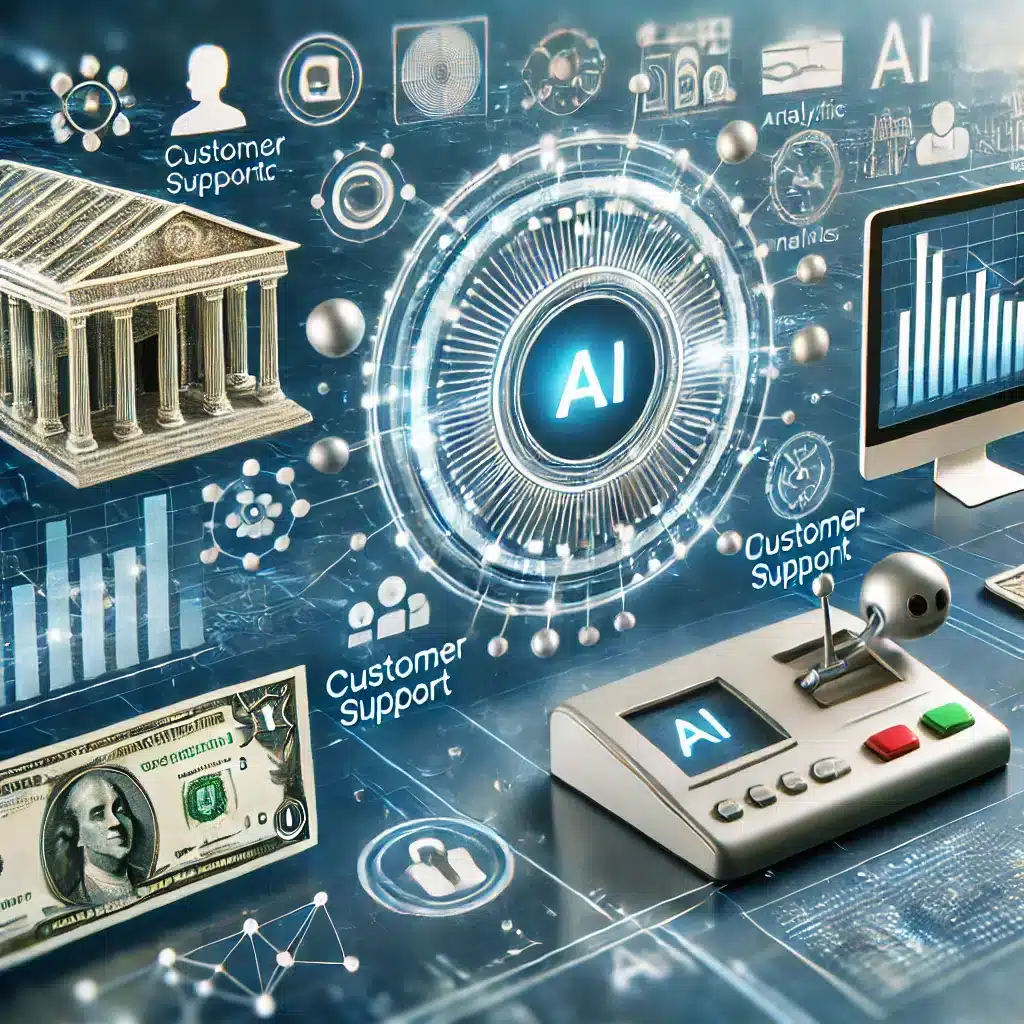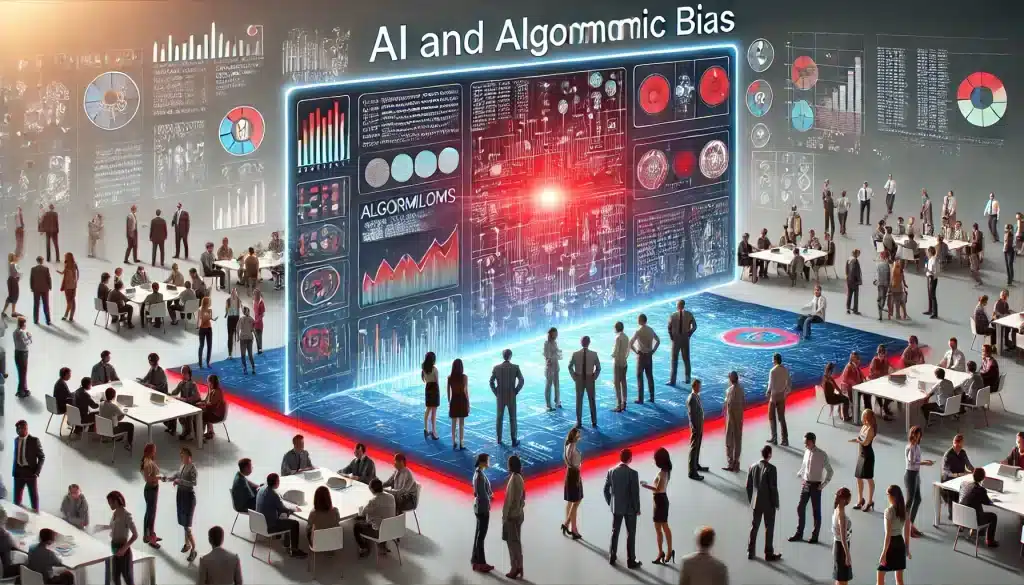Legal Challenges Facing AI in Enterprises
Enterprise CIOs face a myriad of legal and ethical standards to comply with as they navigate the rapidly evolving landscape of artificial intelligence (AI). As technology continues to outpace our understanding, legal issues become inevitable. Incorporating rigorous testing and clear communication is essential. Consequently, businesses must carefully consider the implications of their AI endeavors.
For instance, the European Union Artificial Intelligence Act sets certain limitations on AI applications. On the other hand, the U.S. lacks a comprehensive federal regulatory framework. Therefore, companies must rely on state laws and court decisions to navigate legal liabilities. Current debates are intensely focused on privacy, data protection, and vendor transparency.
Recent Legal Precedents and their Implications
Real-world cases accentuate the challenge. A lawsuit against Patagonia highlights the risks of third-party AI applications examining customer communications without clear consent. Similarly, the Peloton lawsuit over user data transmission signifies the extent of liability from privacy oversights. In cases like these, firms need crystal-clear terms and user agreements.
In addition, the use of AI can impact customer trust significantly. The gap between what businesses think and what customers trust can lead to potential losses. Then, studies reveal that trust increases when customers see technology used responsibly.
Balancing Trust and Legal Obligations
On the flip side, AI presents potential benefits. It helps close the ‘Trust Gap’—a term coined to describe the discrepancy in perceived trustworthiness between businesses and their clients. Nevertheless, achieving this requires businesses to clearly communicate their technological usage and intentions.
According to the Vodafone Business report, a majority of customers exhibit trust when businesses use generative AI judiciously. Thus, maintaining transparency and ethical practices is crucial in preserving trust while complying with legal mandates.
Best Practices for AI in Enterprise
Fundamentally, enterprises need comprehensive strategies to manage AI applications responsibly. This entails consistent testing, transparent user communication, and updated legal frameworks that evolve alongside technology. Importantly, companies must foster collaborations between CIOs, technical teams, and legal experts to craft robust liability clauses and contracts.
Similarly, building agile terms of service that reflect changing laws and technological capabilities will serve as a safeguard against unforeseeable legal pitfalls. The Patreon and Peloton cases act as lessons on the importance of these measures. Therefore, the way forward involves innovation, balanced with legal responsibility and trust-building.



